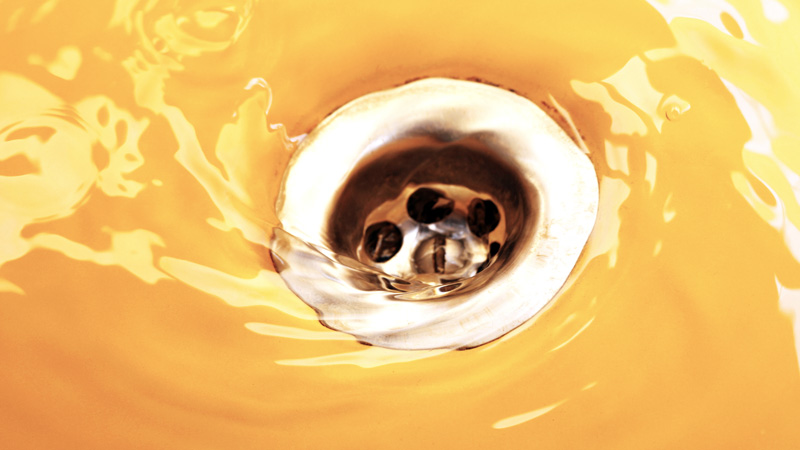Pull the plug on inefficiency, not sustainability
When budgets are tight, there’s a tendency to view sustainability initiatives like marketing and IT costs – they’re often the first to go, but at what cost?
Over the last 8 weeks, most companies will have been taking a close look at their business and assessing the impact of COVID-19.
While we’ve all been in this together, the impacts have varied significantly – from those who have found it impossible to operate, to those who have been able to continue in some capacity, and those that have taken the chance to pivot their business and find a new opportunity.
I’ve been delighted to see that not all of these pivots were about profit; with many choosing to share their expertise, services or simply their positivity for the greater good.
One company that struck me as being particularly innovative and localising their supply chain was Adlux which went from manufacturing skylights to manufacturing face shields during lockdown. Not only did Adlux identify and then rapidly supply a product in high demand for the medical professionals, but it also managed to retain staff and employ another 40.
The company’s Facebook post of 7 May 2020 reiterated this commitment stating that, “We have worked hard in sourcing all the materials required to produce the Face Shield from New Zealand suppliers, supporting the local economy. The driving factor was to keep employment in New Zealand and in doing this we will be helping to keep many NZ workers in employment during this time of uncertainty.”
At 3R, we are firm believers that product stewardship and other environmental sustainability initiatives can deliver many of the things that are so important to us right now: efficiencies, cost savings, increased social licence to operate, new sales, increasingly loyal customers, and most of all, opportunity.
“Sustainability” can often feel a bit daunting (and a lot cliched) – what does it even mean? Well, it simply means that we live and work without jeopardising the ability of future generations to live and work. Basically, making sure we use our resources in the most efficient and maintainable way possible, so that we don’t mess it up for our children and theirs.
When budgets are tight, there’s a tendency to view sustainability initiatives like marketing and IT costs – they’re often the first to go, but at what cost? We’ve all heard a dozen times during this crisis, and others, that those that pull back on marketing are often the last to pull out of the crisis. And I’m sure no one could argue when I say that effective IT systems have delivered a good ROI for business during the lockdown.
We know from experience that any time spent delving into inputs, outputs and processes generally benefits a business. Over the last 16 years, we’ve had many examples where taking a closer look at waste or figuring out how to recycle something efficiently has reaped financial rewards – some as simple as not paying to send rainwater to the tip. (As you can imagine, a lid was quickly added to that outdoor skip.)
Environmental initiatives are no different – as I said, it’s just about using our resources more efficiently. Take carbon emission reductions – they often come from increased efficiencies in transport, travel and energy use – all direct costs to your bottom line.
The current pandemic has also highlighted how important it is to manage risk. Significant challenges have been felt in our supply chains, making a local, more circular economy much more appealing and manageable. Combine that with the estimated benefits to business of the circular economy (assessed at $6-$8 billion to Auckland alone by 2030), and suddenly sustainability doesn’t look like a non-essential spend. The increasing focus on climate change by accountants worldwide shows this larger threat will hit us in the pocket if we don’t pay attention, and act.
So, if you’re thinking about what you should be focusing on over the next weeks, months and years, I’d encourage you not to throw the baby out with the bathwater. Let’s embrace the opportunities sustainability provides.







